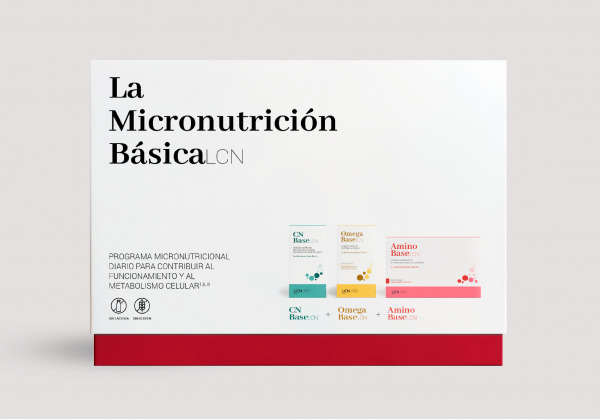Nutrition in childhood is aimed at fueling adequate growth and development, avoiding nutritional imbalances, and preventing diseases that appear in adulthood. For this reason, a balanced and varied diet rich in micronutrients is crucial in this stage of life.
Achieving this is not always easy: working parents’ lack of time to prepare healthy meals every day, children’s preference for sugary foods, the fast pace of life, and over-reliance on microwaves and prepared foods are some of the factors that influence children’s diets and, therefore, their health.
Today, many children do not follow the Mediterranean Diet: they often do not eat enough fruits and vegetables, and they consume too much fat (especially saturated), too many meat-derived proteins, and too few legumes, nuts and omega-3-rich foods.
Inadequate nutrition in childhood can affect long-term health and increase the risk of diseases such as obesity, asthma and high blood pressure. In addition, the first years of life (the first thousand days) are crucial in the formation of the gut microbiota, which is strongly influenced by diet. Balance and gut health are critical for efficient extraction of energy and nutrients from food, in addition to conferring protection against pathogenic microorganisms (those that cause health problems). Recent studies also indicate that dysfunction of the intestinal barrier, influenced by the gut microbiota and the micronutrients that envelop it, is a key factor in the development of food intolerances and alterations of the immune system.
In both adult and childhood nutrition, it should be noted that total energy intake and macronutrient intake (proteins, carbohydrates and fats) are not the only things that matter for proper development. In recent decades, there have been numerous studies highlighting the important role of micronutrients in health. A comparative analysis of different studies carried out in various European countries shows that children and adolescents are the populations with the greatest risk of nutritional deficiencies, especially in the case of iron and vitamins C, E, B6 and folic acid. Besides vitamins and minerals, children’s diets should supply balanced and high-quality omega-3 and omega-6 essential fatty acids, as well as the essential and conditionally essential amino acids.
Caminero A, Meisel M, Jabri B, Verdu EF. Mechanisms by which gutmicroorganisms influence food sensitivities. Nat Rev Gastroenterol Hepatol. 2019 Jan;16(1):7-18. doi: 10.1038/s41575-018-0064-z. Review. PubMed PMID: 30214038.
Artemis P. Simopoulos OCL 2010 ; 17(5) : 267–275. The omega-6/omega-3 fatty acid ratio: health implications https://doi.org/10.1051/ocl.2010.0325
The Center for Genetics, Nutrition and Health, 2001 S Street, NW, Suite 530, Washington DC 20009 USA



